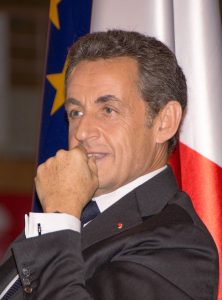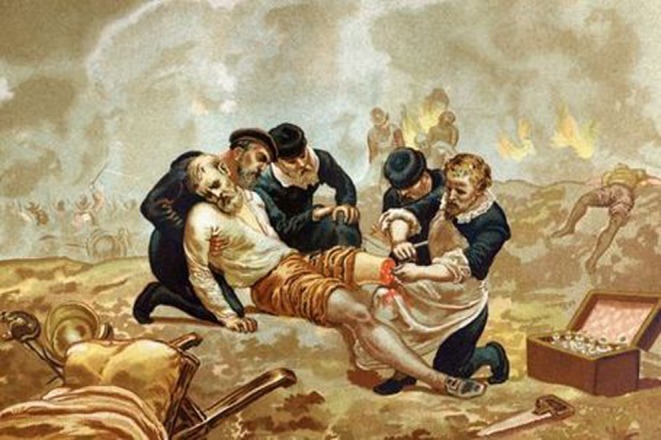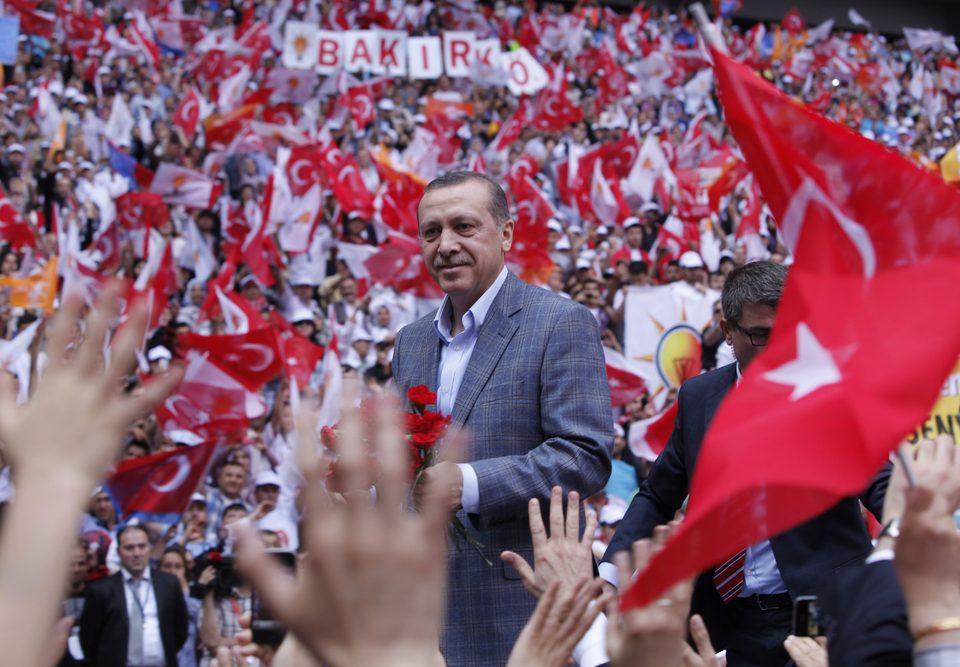What elections do to political parties

Of course, studying elections involves the examination of political parties. Sciences Po researchers have fully devoted themselves to this pursuit and, building on René Rémond’s classical work, particularly focus on parties of the right and far-right. Recent publications include, among many others, Les droites en France à l’horizon de 2017. Fractures, diversités et unité (The Rights in France in 2017. Divides, diversity and unity) by Pascal Perrineau, Les faux-semblants du Front National: sociologie d’un parti politique (The Front National’s False Pretenses: sociology of a political party) by Nonna Mayer & alii (ed.), and Les droites en fusion. Transformations de l’UMP (The fusion of the rights. The UMP’s transformations) by Florence Haegel, which sheds light on the interactions between electoral reality and parties. The Front National’s electoral pressure on the right both organizationally and ideologically transformed the UMP, and then the Républicains.
The quest for unity: merger and primaries
The idea of merging the parties of the right had been on the agenda since Jacques Chirac’s defeat in the 1988 presidential elections, but it was not until the national shock of 21 April 2002 – when Jean-Marie Le Pen qualified for the second round in the presidential elections – that the UMP was created. Similarly, the right adopted primaries as a means to avoid fragmentation in order to make it to the second round to face the Front National.
 The right veers right
The right veers right
Competition with the Front National has also had ideological effects. The French right implemented a strategy of reclaiming the Front National’s themes in an effort to weaken it. This strategy was occasionally successful during the 2007 presidential elections, but it failed over the medium term because it helped legitimize the Front National’s themes.
De-demonization
In retrospect, the “de-demonization” strategy pursued by Marine Le Pen since 2011 plays into her attempt to break through the electoral “glass ceiling”. She has softened her image and presents her ideas in a more acceptable form for a democracy, painting her party as the defender of women’s rights, gays, Jews and secularism against Islamic fundamentalism.
Bibliography
- René Rémond : de l’histoire politique à l’histoire du temps présent, dossier réalisé par la bibliothèque de Sciences Po
- Pascal Perrineau – Les droites en France à l’horizon de 2017. Fractures, diversités et unité in Le Débat, septembre 2016
- Florence Haegel – Les droites en fusion. Transformations de l’UMP, Presses de Sciences Po, octobre 2012
- Nonna Mayer & alii (dir.) – Les faux-semblants du Front National : sociologie d’un parti politique, Presses de Sciences Po, octobre 2015
- Nonna Mayer – Le plafond de verre électoral entamé, mais pas brisé in Les faux-semblants du Front National : sociologie d’un parti politique,






